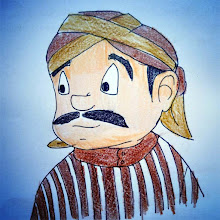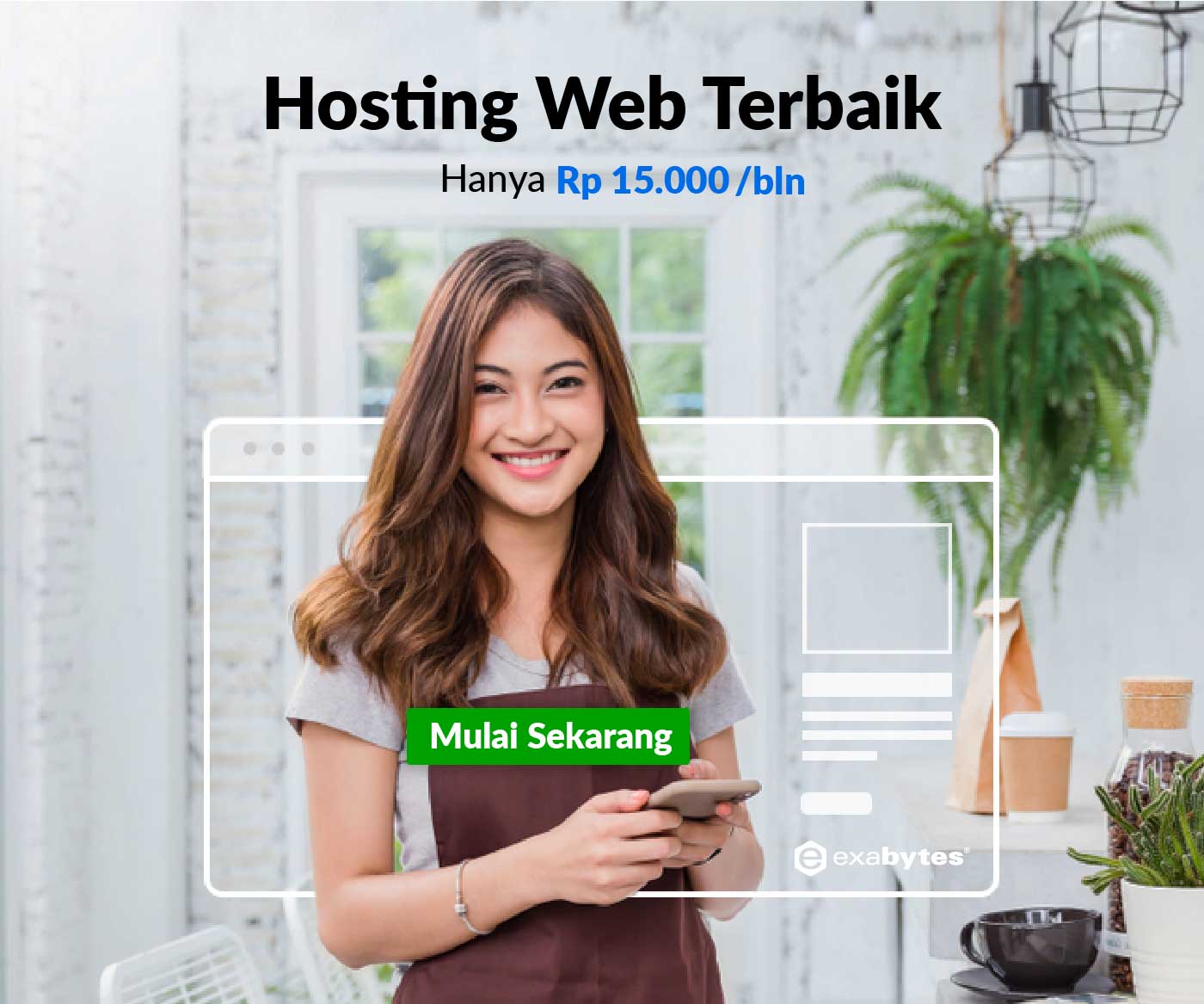ONE of the dilemmatic decisions in my life was when I had to resign from my job as a book editor 15 years ago. At that time I worked at a popular book publishing house in the Depok while I lived in Bogor. The 4 hour trip made it difficult for me to survive due to chronic pain that could not be compromised.
If I quit my job, it means I will lose my source of income. However, if I continue to work in the office, that means I torture myself by commuting quite far with my concentration disturbed due to fatigue and illness.
After thinking hard and considering many things, I finally decided to resign and then work completely from home as a freelancer. Yes, with a weak physical condition, being a freelance editor and translator without fixed hours at the office has remained a logical solution.
Orders to edit and translate books mostly came from friends or acquaintances, including from the publisher where I previously worked. At that time my wife was still working in another publishing company but finally stopped completely when our eldest child was born a year later.
The Luck Charm is JNE
Apart from working as a freelance editor and translator, I also looked at selling books published by my previous office. Because I took the book directly from the publisher, I also got a fairly big discount so that buyers could buy the book at a price below market price.
It's not just affordable prices that I offer to potential buyers, but also easy delivery via trusted expeditions. Buying books from me saves time, energy, and maintains practicality. Without needing to visit a bookstore, orders will go to their respective addresses while they do other more productive things.
The expedition I originally used was JNE in the Pakuan campus area and then switched to JNE Soleh Iskandar once we moved in the vicinity. Choosing JNE as a reliable expedition for every delivery has proven to be profitable. Close to our house, JNE also offers a variety of delivery services and has a wide reach so that buyers in the most distant cities can buy the books I sell without having to worry about whether they will arrive or not. Shipping rates are relatively affordable.
 |
Great lesson from salmon
My choice to become friends with JNE turned out to be very valid. Especially after reading a book fragment by Dr. Ir. BS. Kusmuljono entitled Get Out of the Dead End. Salmon initially live in fresh waters (rivers), which is when their eggs hatch. Hatching in November, the small fish called alevin then settle among the pebbles at the bottom of the river; survive by eating plankton. When the food supply runs out, the alevin then leave the riverbed in May-June and turn to fry.
Fry develop into smolts which continue to move to the mouth of the river towards the open sea. While at sea, salmon travel for up to 4-7 years and have to face predators such as seals, birds and humans. Once they reach adulthood and are ready to reproduce, salmon that live in colonies will gather with other colonies to prepare for the journey back to the river where they were born.
The journey home was clearly not easy. For months salmon have to navigate rocks, swim against strong currents, jump over waterfalls and be ready to face the main predator, namely the bear. Uniquely, while swimming back to the river, salmon fast. They don't eat anything, only relying on fat reserves in the body as a source of energy. It is during this phase that many salmon die either due to injury, exhaustion, and of course being eaten by predators.
Once in the river, the few remaining salmon prepare a burrow 25-30 cm deep where the female salmon lays 3,000-8,000 eggs to be fertilized by the male salmon. When fertilization is complete, the burrow is covered with gravel while the male and female salmon hang around it until they run out of energy and eventually die. The carcasses rot and are eaten by bacteria and turned into natural fertilizer. The fertilizer is then eaten by plankton and small insects which in the future will become food for small salmon (alevin).
Looking at the salmon's journey, there are business lessons between the lines. That business can be started by building a market first. If the market has been created, then we move to production. Thanks to shipping via JNE, I have a buyer base. To optimize profits, I need to follow up this trade to the industrial sector, namely by making my own goods.
That's when market penetration is not an easy matter, it requires large capital and great struggle, like salmon that challenge the strong currents of the ocean (downstream) to be able to advance to the river (upstream) to reproduce.
Delivery with JNE makes the market wide open. So I have a buyer base. This means that as trade progresses, I add to my sales collection with books from other publishers which I often get from book fairs at Gramedia at discount prices. Income also increased thanks to indie book publishing by writer friends, most of whom chose JNE as the shipping expedition.


















0 comments:
Post a Comment